
Nurturing Emotional Development in One-Year-Olds
Nurturing Emotional Development in One-Year-Olds
The first year of a child's life is a period of rapid growth and emotional development. As parents and caregivers, we play a crucial role in nurturing their emotional well-being. In this blog, we will explore ways to foster the emotional development of one-year-olds, helping them navigate and understand their emotions as they continue to grow.
1. Responsive and Warm Interactions:
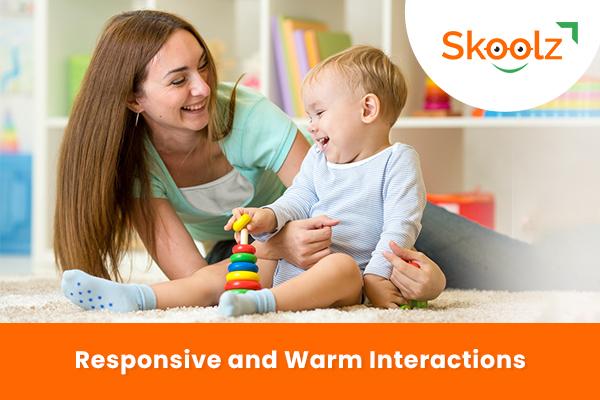
Creating a loving and secure environment is essential for emotional development. Respond promptly and sensitively to your child's needs, providing comfort and reassurance. Offer plenty of hugs, cuddles, and positive interactions to build trust and a sense of security.
2. Encourage Self-Expression:
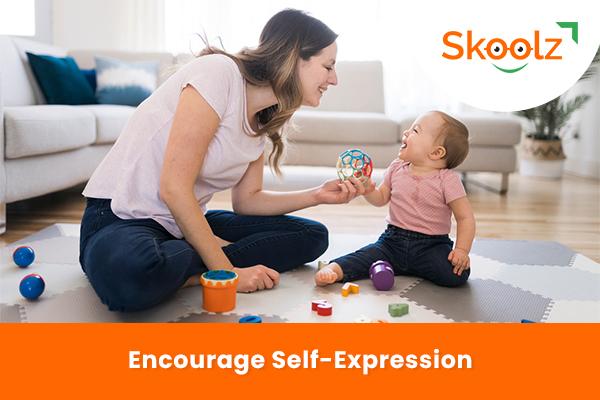
One-year-olds may not have developed the ability to articulate their feelings verbally, but they can still express themselves non-verbally. Encourage their self-expression through gestures, facial expressions, and sounds. Pay attention to their cues and respond accordingly, validating their emotions.
3. Emotion Coaching:
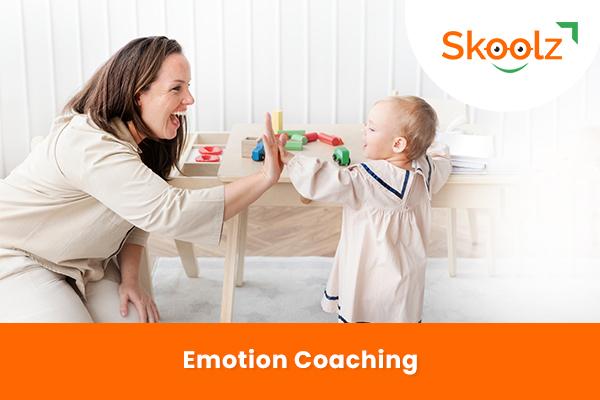
As your child begins to experience a range of emotions, practice emotion coaching. Help them label their feelings by saying, "I can see you're feeling sad/frustrated/happy," and provide comfort and support. This helps them recognize and understand their emotions, promoting emotional intelligence.
4. Social Interaction and Play:
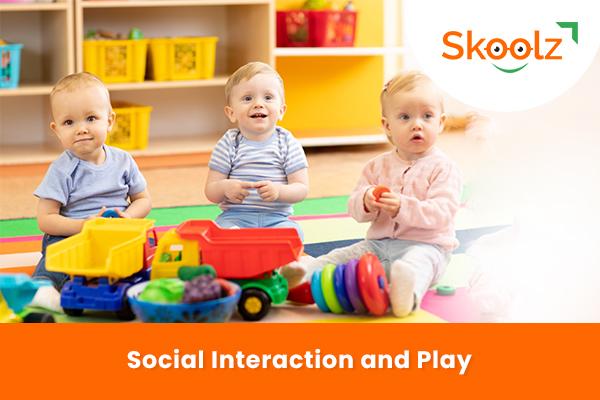
Engage your one-year-old in social interactions and play with other children. Encourage sharing, taking turns, and cooperative play. These experiences provide opportunities for emotional regulation, empathy, and building social connections.
5. Provide a Safe and Predictable Environment:
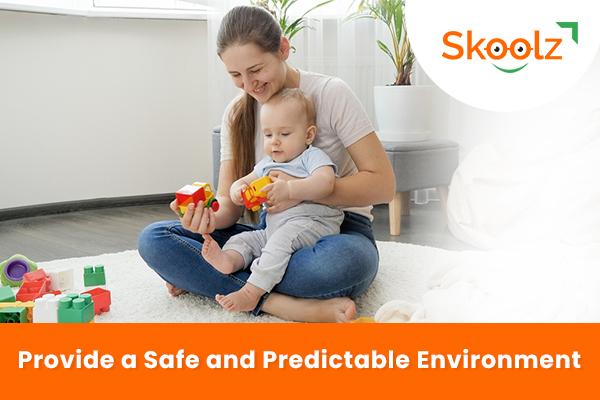
Creating a safe and predictable environment is crucial for emotional well-being. Establish routines and consistent caregiving practices. This helps your child feel secure and develop trust in their surroundings, fostering emotional stability.
FAQs:
Q1: How can I help my one-year-old manage tantrums?
A: Tantrums are a normal part of emotional development. Stay calm, validate their feelings, and provide comfort. Offer distraction or redirect their attention to something positive. Remember, consistency and setting clear limits can also help reduce tantrums over time.
Q2: Is it normal for my child to have separation anxiety at this age?
A: Yes, separation anxiety is common during this stage. Gradually introduce short separations, such as leaving them with a trusted caregiver, to help them develop resilience and trust in their environment. Offer reassurance and maintain consistent routines to help ease their anxiety.
Q3: What if my child shows signs of delayed emotional development?
A: Every child develops at their own pace. If you have concerns about your child's emotional development, consult with a healthcare professional who can provide guidance and support. Early intervention can often address any developmental challenges effectively.
Conclusion:
Nurturing the emotional development of one-year-olds lays a foundation for their lifelong well-being. By creating a loving and secure environment, encouraging self-expression, and providing opportunities for social interactions, we can support their emotional growth. Remember, each child is unique, and development occurs at an individual pace. Celebrate your child's emotional milestones and be their loving guide as they continue to navigate the complexities of their emotions.
Note: The information provided in this blog is for general informational purposes only and should not be considered professional advice. Always consult with a healthcare professional for personalized guidance regarding your child's development.

Bhawana Mohane
Digital Marketer

Nurturing Emotional Development in One-Year-Olds
The first year of a child's life is a period of rapid growth and emotional development. As parents and caregivers, we play a crucial role in nurturing their emotional well-being. In this blog, we will explore ways to foster the emotional development of one-year-olds, helping them navigate and understand their emotions as they continue to grow.
1. Responsive and Warm Interactions:

Creating a loving and secure environment is essential for emotional development. Respond promptly and sensitively to your child's needs, providing comfort and reassurance. Offer plenty of hugs, cuddles, and positive interactions to build trust and a sense of security.
2. Encourage Self-Expression:

One-year-olds may not have developed the ability to articulate their feelings verbally, but they can still express themselves non-verbally. Encourage their self-expression through gestures, facial expressions, and sounds. Pay attention to their cues and respond accordingly, validating their emotions.
3. Emotion Coaching:

As your child begins to experience a range of emotions, practice emotion coaching. Help them label their feelings by saying, "I can see you're feeling sad/frustrated/happy," and provide comfort and support. This helps them recognize and understand their emotions, promoting emotional intelligence.
4. Social Interaction and Play:

Engage your one-year-old in social interactions and play with other children. Encourage sharing, taking turns, and cooperative play. These experiences provide opportunities for emotional regulation, empathy, and building social connections.
5. Provide a Safe and Predictable Environment:

Creating a safe and predictable environment is crucial for emotional well-being. Establish routines and consistent caregiving practices. This helps your child feel secure and develop trust in their surroundings, fostering emotional stability.
FAQs:
Q1: How can I help my one-year-old manage tantrums?
A: Tantrums are a normal part of emotional development. Stay calm, validate their feelings, and provide comfort. Offer distraction or redirect their attention to something positive. Remember, consistency and setting clear limits can also help reduce tantrums over time.
Q2: Is it normal for my child to have separation anxiety at this age?
A: Yes, separation anxiety is common during this stage. Gradually introduce short separations, such as leaving them with a trusted caregiver, to help them develop resilience and trust in their environment. Offer reassurance and maintain consistent routines to help ease their anxiety.
Q3: What if my child shows signs of delayed emotional development?
A: Every child develops at their own pace. If you have concerns about your child's emotional development, consult with a healthcare professional who can provide guidance and support. Early intervention can often address any developmental challenges effectively.
Conclusion:
Nurturing the emotional development of one-year-olds lays a foundation for their lifelong well-being. By creating a loving and secure environment, encouraging self-expression, and providing opportunities for social interactions, we can support their emotional growth. Remember, each child is unique, and development occurs at an individual pace. Celebrate your child's emotional milestones and be their loving guide as they continue to navigate the complexities of their emotions.
Note: The information provided in this blog is for general informational purposes only and should not be considered professional advice. Always consult with a healthcare professional for personalized guidance regarding your child's development.

Bhawana Mohane
Digital Marketer




